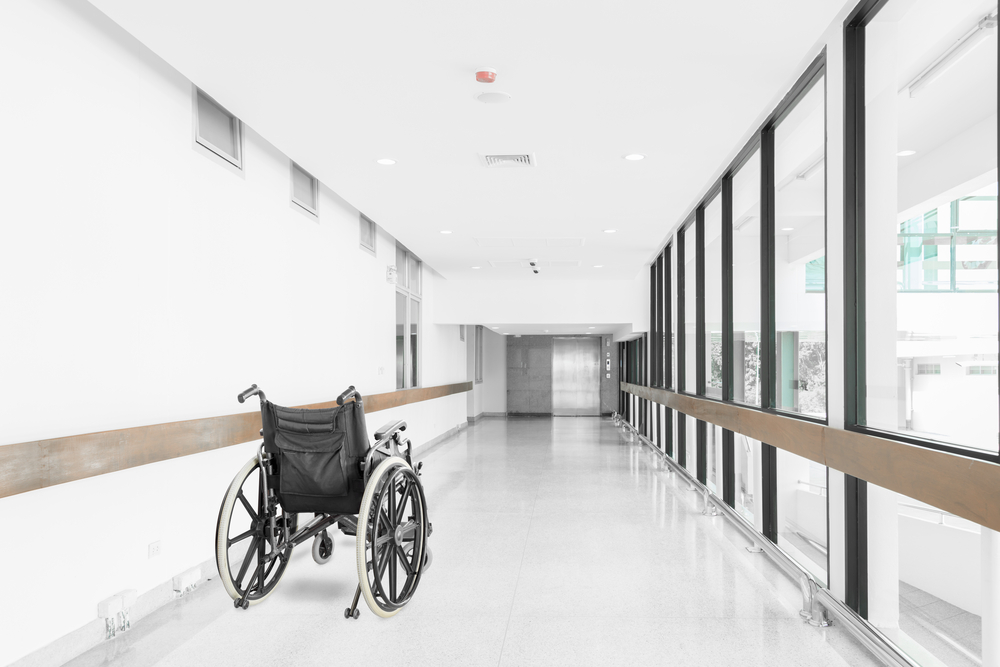Free Consultation
(314) 500-HURT[youtube]https://youtu.be/8x1rn565mCE[/youtube]
Gary: John, what are the things that you encountered in terms of folks who are
aggravated or upset about what has happened to them and are trying to assess whether or not that falls into this
malpractice milieu that we’ve been talking about?
John: Right. Well, it can be a challenge to determine initially whether or not the
person has a claim, and the reason it can be challenging is that just by virtue of having a bad result in a surgery
doesn’t necessarily mean that the doctor has committed malpractice. It could mean that the doctor has committed
malpractice, but oftentimes it does not.
For example — and I think that this case is a good demonstration of this — we have a
client who was operated on and the doctor inadvertently nicked her intestines, unintentionally, and at first blush
she might think that was malpractice because he did not intend to nick her intestines. However, as you point out,
the standard of care is the average standard of care. If you talk to any number of different doctors, they’ll say
that when somebody’s being operated on in their abdomen, there are lots of organs that are all over the place and
it’s difficult to operate with pinpoint precision in such a challenging environment.
But, in that particular case that I was just referencing, the doctor did not commit
malpractice by virtue of nicking the intestines, but he did commit malpractice because he was very uncaring and kind
of callous about all the different symptoms that developed in that particular client. Subsequently, he refused to
provide her the treatment. He failed to diagnose her. He refused to provide the treatment that he needed to provide,
and it were as he could have prevented all from pain and suffering right off the bat, she ended up suffering
horribly and continues to suffer months afterwards. So, distinguishing between a bad result on the one hand and
negligence on the other hand can be a big challenge.
Gary: Yeah, and it comes down to the questions: What did the doctor do wrong? Is that a
violation in the standard of care? And, John’s correct. That nicked bowel wasn’t the malpractice, but the failure to
diagnose and treat it, and trying to treat it and provide antibiotics and go on either close it or earlier provide
antibiotics, and basically what the doctor had been doing is covering himself, saying it wasn’t related when it
really was, and only when she got to later medical providers which she was adequately diagnosed.
Founder | Injury Attorney
Gary Burger has dedicated his career to standing up against bullies. The founder and principal attorney of Burger Law | St. Louis Personal Injury Lawyer has helped hundreds of Missouri and Illinois individuals and families recover th …
Years of experience: 30 years
Location: St. Louis, MO

Similar Blog Posts

Whether at a restaurant or a store, wet or other hazardous conditions can cause slip and fall accidents. Despite the cause of a slip and fall accident, the property owner where the...

Alternative dispute resolution (ADR) is a legal process that offers parties another option besides traditional litigation to resolve legal conflicts and disputes. It can be a more ...

What is Patient Abandonment? Patient abandonment is when a physician unexpectedly terminates the doctor-patient relationship without providing a reasonable excuse or an avenue for...


521 W. Main Street Suite 201 O
Belleville, IL 62220
By appointment only
(618) 500-4878 GET DIRECTIONS
332 S Michigan Ave Suite 900
Chicago, IL 60604
By appointment only
(312) 500-HURT GET DIRECTIONS
100 Chesterfield Business Pkwy Suites 200-222
Chesterfield, MO 63005
By appointment only
(314) 648-8348 GET DIRECTIONSNO FEES UNTIL WE WIN YOUR CASE
We offer free consultations and are available 24/7 to take your call. Live chat, text, and virtual meetings are available.
or call us at